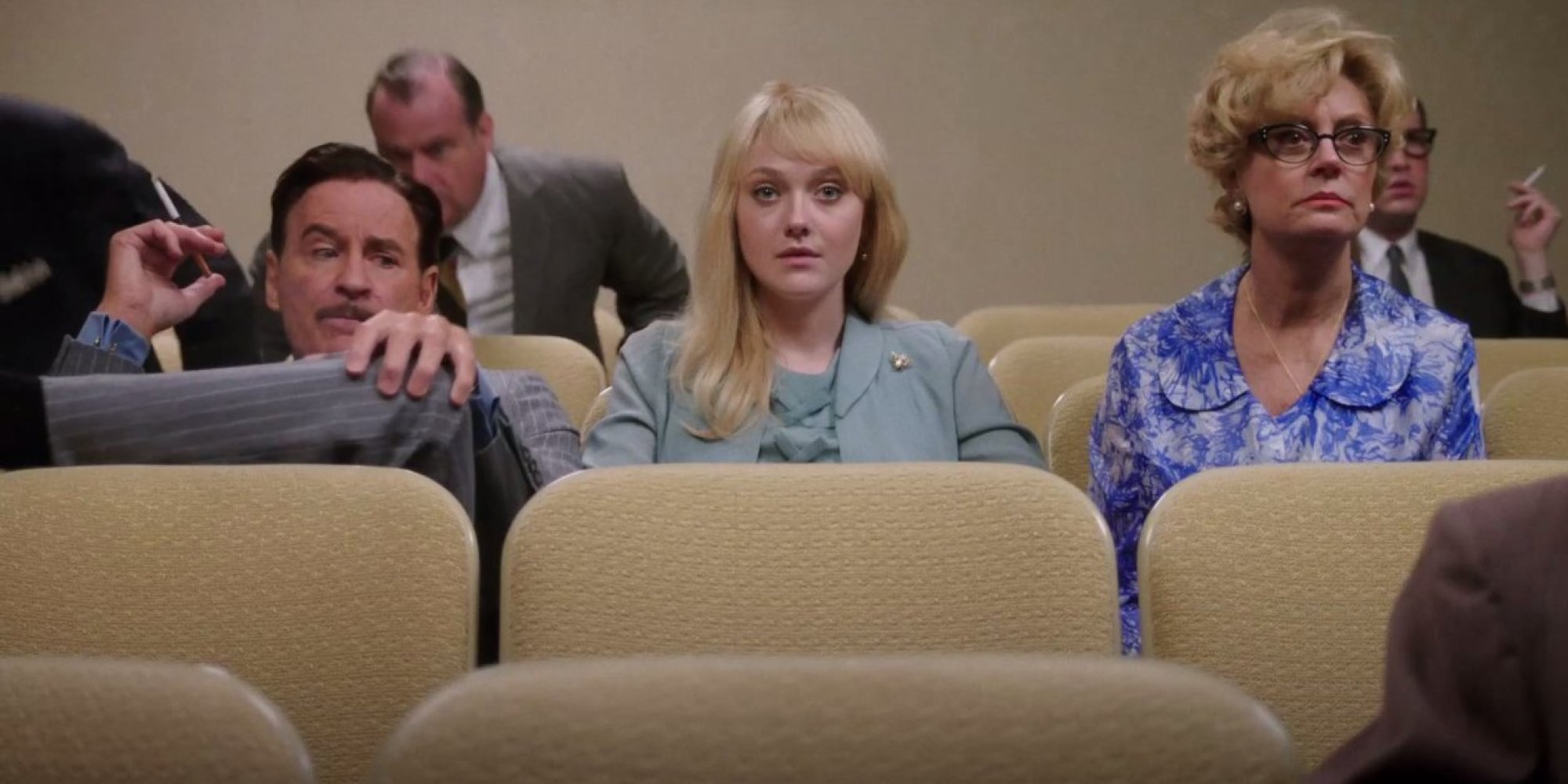By Laurie Coker Rating: D Kevin Kline has been on my radar for quite a long time. From his early days in film (Sophie’s Choice) to his later years (Last Vegas), no matter how insipid the script, Kline (close to 20 years older than the character he plays) melds into each character seamlessly. In his most recent undertaking The Last of Robin Hood), with co-stars Dakota Fanning and Susan Sarandon, he plays, heartthrob, black and white film star Errol Flynn, whose antics helped coin the phrase “in like Flynn” – which refers the actors life and perhaps more notably to the less savory aspects of the swashbuckling actors infamous career and sexual escapades. Flynn starred in countless Hollywood high-action, fast-paced, sword-fight-filled films, but it was off the screen where this charismatic, handsome, womanizing actor gained his unsavory fame. Known as a boozing, carousing, raucous partier, Flynn was accused of statutory rape of a teenage girl in – a charge for which he was acquitted. The Last of Robin Hood chronicles, not Flynn’s film career, but rather, his affiliation with burgeoning actress, Beverly Aadland (Fanning), a teen whose fame-hungry, stage mother (Sarandon) fostered the relationship – a supposed coupling between a late forty-something year-old Flynn and then fifteen-year-old Aadland that didn’t hit the tabloids until his death at 50 in 1959. Meant to be more the story of Aadland, than of Flynn, The Last of Robin Hood, falters in its storytelling, and balances precariously on its exceptional cast. We get what we expect from Fanning (older than Aaland at the time), Sarandon and Kline Kline (easily 20 years older than the character his plays), but not what we would like from the story, co-written and co-directed by Richard Glazer and Wash Westmorelan. I went in expecting to see more about a young girl seduced by the lights of Hollywood and encouraged by her gold and fame-digging mother and less about Flynn, but the opposite occurs. I knew, since this relationship is far from May-September and more like January-December, that I would automatically be repulsed, but I tried to put that aside. Still, I found the tale unnerving. Aaland, dubbed “Woodsey” by Flynn, wanted todiscuss her affair with Flynn and rarely spoke of it, even though she lived until 2010, but her mother continued to foster the sordid myth. Taken alone, the cast meets, even exceeds expectations, but I found the tale, distasteful and frankly, unnecessary – yet another way to bank on the life of an unfortunate, misguided young woman, who probably did love Flynn in some way, but certainly didn’t deserve the way her life played out so vividly in the months after his death – drawing a quick close to her brief career. Glazer and Westmorelan’s biopic supposedly comes from the mouth of the “babe” Flynn seduced, whom they interviewed decades after the event. And as a result or perhaps because of some deep sense of defense, is far too kind to Flynn, a despicable man, who took advantage of her. I can’t discount how engaged I became in the performances and the few tiny glimmers of worthy storytelling, but I also cannot say much good about the direction or quality of the film. I am placing a D in my grade book. Its stars shine, like Flynn did in his youth, but darken in this dim tale.
Review: THE LAST OF ROBIN HOOD
